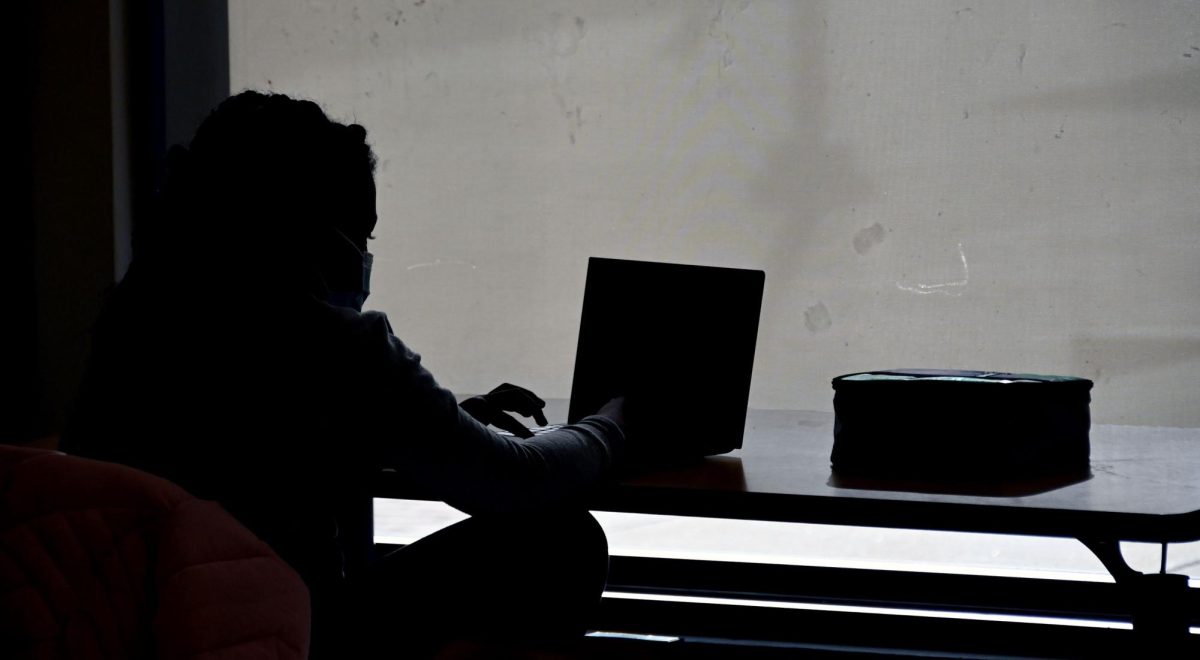In every person’s life, there are few more important or influential relationships than that of teacher and student. At varying points in one’s life, one may take on both roles, and one may both teach and be taught by many different people. For children, adolescents, and young adults, personal relationships with teachers are absolutely crucial, and the particular nature of the classroom setting has shaped many generations over the centuries.
However, when the COVID-19 pandemic hit in 2020, all of this changed.
The very social interactions which formed the basis of formal education became impossible, and as the entire (developed) world was forced to move online, school became an entirely internet-based endeavor. Though online classes have been around for some time, the pandemic forced the rapid and messy development of the medium so as not to interrupt students’ education any more than it was already being interrupted.
The sudden necessity of online schooling revealed many clear benefits to this new form of teaching: class times could be more flexible, working students could more easily balance their schedules, disabled students could have easier access to education, and student parents could spend more time with their children. At the same time, online schooling has also shown itself to be severely flawed in many areas.
From the very start of the COVID-19 pandemic, both students and teachers have complained about the inherent impersonality and even mild dehumanization that comes with an all-online education. For instructors, what were once bustling classrooms full of fresh-faced and ambitious young people eager to learn became a wall of faces on a screen, each blankly staring at their own screens and trying desperately to pay any kind of attention. For students, any chance at developing relationships with their favorite teachers was lost, as student-teacher interactions became reduced to emails, comments on assignment submissions, Canvas messages, and perhaps an occasional Zoom call or two. Meanwhile, with test security becoming onerously difficult to enforce for all but the strictest professors, academic cheating has soared, and many students have found themselves struggling to self-enforce a school schedule while dealing with all the distractions that come with learning from home.
The upshot of all this is that a large number of educators and students alike have expressed a powerful distaste for the continued reliance on online classes in colleges, especially as COVID has greatly declined in prevalence and severity in the past two years. Though coronavirus is of course still around, it has long since stopped being anything approaching a pandemic — the time to roll back COVID-era precautions like en masse online schooling has therefore long since passed.
Within primary and secondary public education, online classes have largely come to an end, used sparingly if at all. In higher education, many schools have also reverted to the pre-COVID status quo, with online options available for those who need them and traditional in-person classes being used the rest of the time. In the San Diego Community College District, however, things are different. For many students, there is no choice not to take online classes, because many courses simply are not offered in person. It is not at all uncommon for students of Miramar, Mesa, or City colleges to have a majority of their classes online. This is unacceptable.
As the post-COVID world continues to take shape, it is long past time to return to a largely in-person higher education in the San Diego Community College District. Students and faculty must each make their voices heard and show both college and district leadership that this change must be made without delay.
The pandemic has made online schooling necessary, with its few silver linings being the rapid development of that educational modality, but as the United States and the world continue their swift climb out of the pandemic, students must be able to go back to in-person classes if they so desire. While online classes should absolutely remain an option for those who need them, they cannot remain the only option.





Joy Norris • Apr 29, 2024 at 11:55 am
Excellent article, I couldn’t agree more. Human interaction in education and life in general is essential to the human spirit and our personal growth. Our schools and educators have become lazy to the detriment of our youth.